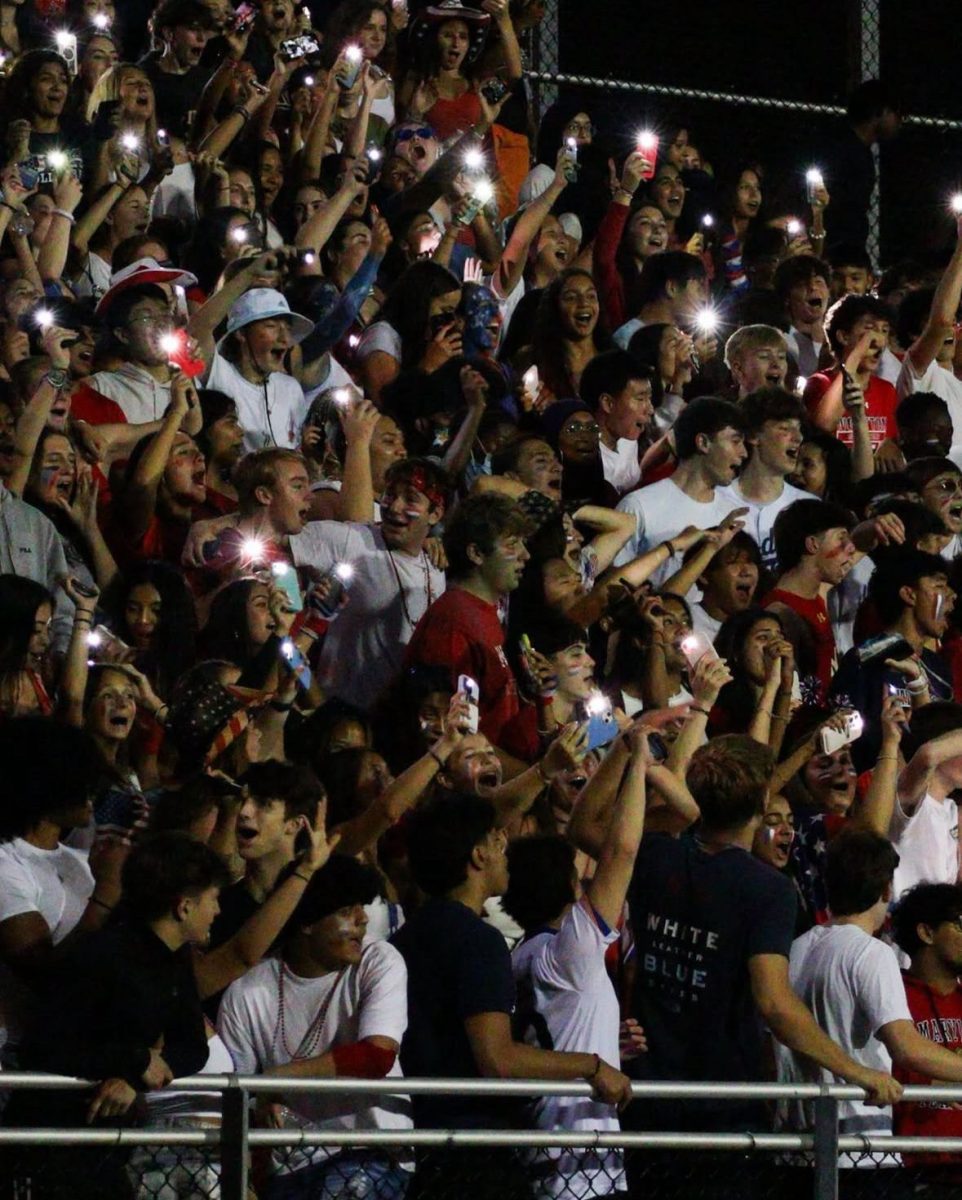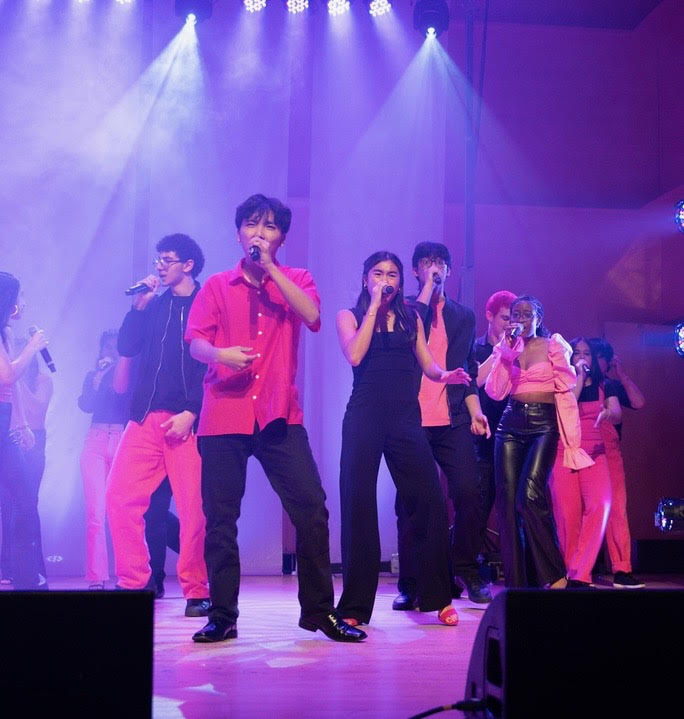Using monitored computers, checking security cameras, and searching lockers and students’ personally are common controversies for both students and staff. Staff monitor students to prevent them from getting off-task and keeping the school overall safe. But the question is: is student privacy being invaded unnecessarily in the process of keeping them safe?
School computers are linked with a classroom management software called LanSchool, that allows teachers to freeze, control and monitor student screens, in order to ensure studnets stay on task. “I think safety is important at school, but a monitor system is a little too far and unnecessary for student safety,” sophomore Ellie Novak said.
LanSchool, however, helps teachers keep students focused on the task assigned and prevent students’ from visiting other websites when they know they are being monitored. “I usually get most of my work finished at school when we have time to do it in class, so I have less to do at home, and games and other websites are usually blocked anyway on Chromebooks,” sophomore Aliya Faisal said.
Students argue that teachers should not be able to take control of a computer being used by a student, as this leads to further invasion of privacy and violation of student rights. “I have had classes where the teacher freezes students’ screens when we are in the middle of typing or working, and this disrupts our thought process as well as centration, making it difficult for me to finish classwork on time, so overall it has taken a negative effect,” Novak said.
Security cameras are often viewed as positive assets However, is supervising students’ every movement essential to the protection of all students? Is this an invasion of privacy and student rights? “I like that there are rarely, if not ever, cameras in classrooms, but in the hallways however, cameras are everywhere, at every corner of the school,” junior Shawdi Keshavarz said.
This is supposed to allow for quick and safe responses in times of emergency where they put safety before privacy without hesitation. Information is released to law enforcement, public health officials and medical personnel who are responding to the emergency and can act quickly to resolve it and keep others safe.
According to the U.S. Department of Education, “FERPA permits school officials to disclose without consent education records, including personally identifiable information from those records, to protect the health or safety of students or other individuals.”
Should students have the right to keep their lives private, outside of schools? “The protection of student rights and our own personal privacy is far more important than the intended safety public school officials are still trying to achieve,” Keshavarz said.
The Fourth Amendment to the Constitution deems every citizen’s protection against search and seizures without a warrant. Is there a balance that effectively protects rights and secures privacy? “Teachers should be allowed to check student computers and lockers only if necessary, but not be able to control the screens and disrupt student privacy and focus,” Faisal said.


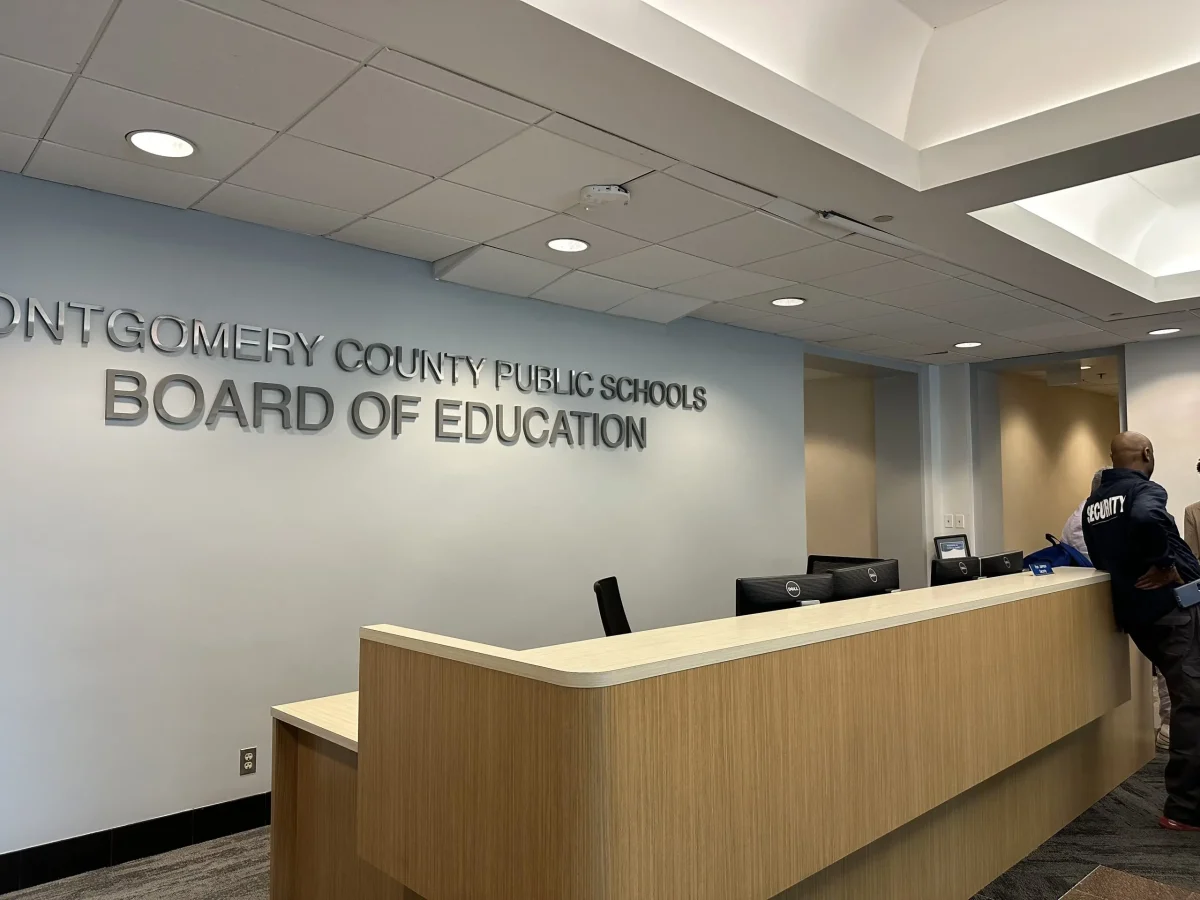
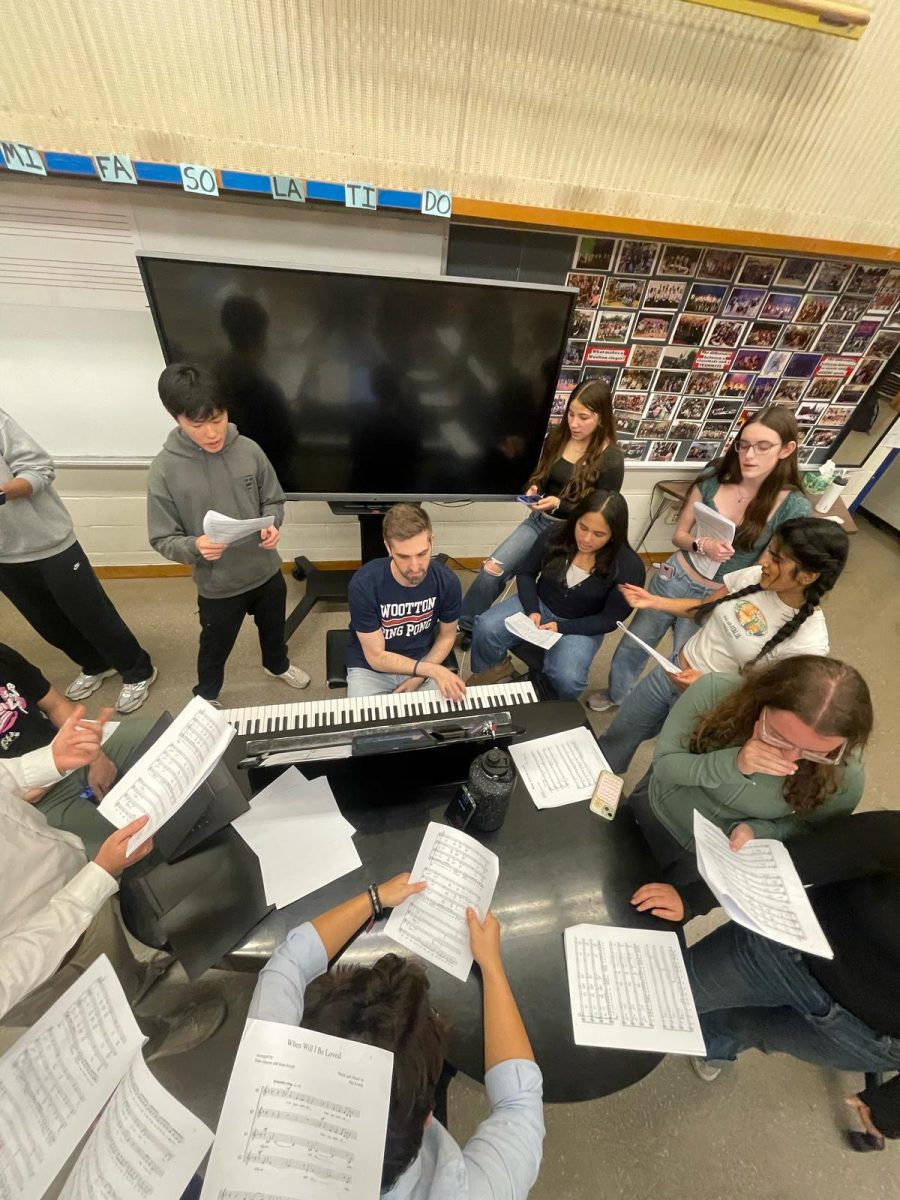
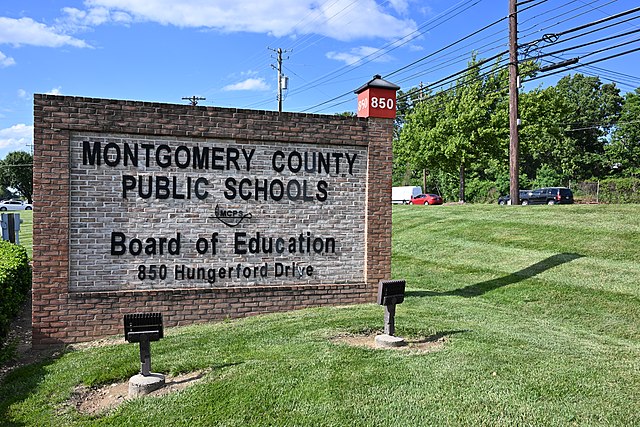
![The 2025-2026 Editorial Board Alex Grainger, Cameron Cowen, Helen Manolis, Emory Scofield, Ahmed Ibrahim, Rebekah Buchman, Marley Hoffman, Hayley Gottesman, Pragna Pothakamuri and Natalie Pak (Chase Dolan not pictured) respond to the new MCPS grading policy. “When something that used to be easy suddenly becomes harder, it can turn [students’] mindset negative, whereas making something easier usually has a better impact. I think that’s where a lot of the pushback comes from. But if you put emotions aside, I do think this change could help build stronger work ethic,” Ibrahim said.](https://woottoncommonsense.com/wp-content/uploads/2025/09/fqr5bskTXpn0LRQMmKErLuNKdQYBlL726cFXBaWF-1200x900.jpg)
